During an official visit to Tirana, the new President of the European Council, António Costa, outlined a clear perspective for Albania’s EU ambitions:
If the country continues its reform efforts, accession to the European Union before 2030 is realistic. Costa made the statement on Tuesday at a joint press conference with Albanian Prime Minister Edi Rama – an assessment that has caught the attention of both political observers and EU-critical voices in the region.
“If Albania continues to perform at the same level, it is entirely possible that it will join the European Union before 2030,” Costa emphasized, according to a report by the RedaktionsNetzwerk Deutschland (RND). swissinfo.ch also confirmed the statement and placed it in the context of the EU’s current accession strategy, which is once again focusing more strongly on the countries of the Western Balkans.
Albania has been an official candidate for accession since 2014, with actual accession negotiations beginning in July 2022. Since then, the EU Commission has regularly acknowledged the country’s progress in fighting corruption, reforming the judiciary, and strengthening the rule of law. The RND particularly emphasizes that Albania is currently one of the countries with the most advanced reform process in the Western Balkans.
Prime Minister Edi Rama, who is now in his fourth term in office with his Socialist Party, has defined EU accession as a central goal of his government’s agenda. At the press conference with António Costa, he stated that Albania’s European path could only succeed through collective efforts – a clear reference to the need for reform discipline, institutional cooperation, and public support.
As reported by AP News, Rama reiterated that EU membership is not just a political decision for Albania, but a process that requires profound social change. “This path is not easy, but there is no alternative,” the prime minister said.
The EU’s expansion into the Western Balkans has been seen as a strategic goal of the Union for years, but has stalled in the meantime. However, Russia’s war of aggression against Ukraine has brought the geopolitical significance of the region back into focus. Brussels wants to promote stability, security, and economic development—and sees Albania as a country that is ready to consistently follow this European path.
Whether full membership will actually be achieved before 2030 remains to be seen. But with the latest statement by the President of the European Council, one thing is clear: the political will in Brussels is there – and the door remains open for Albania.
Image:
© European Union, 1998 – 2025, Attribution, via Wikimedia Commons
AI
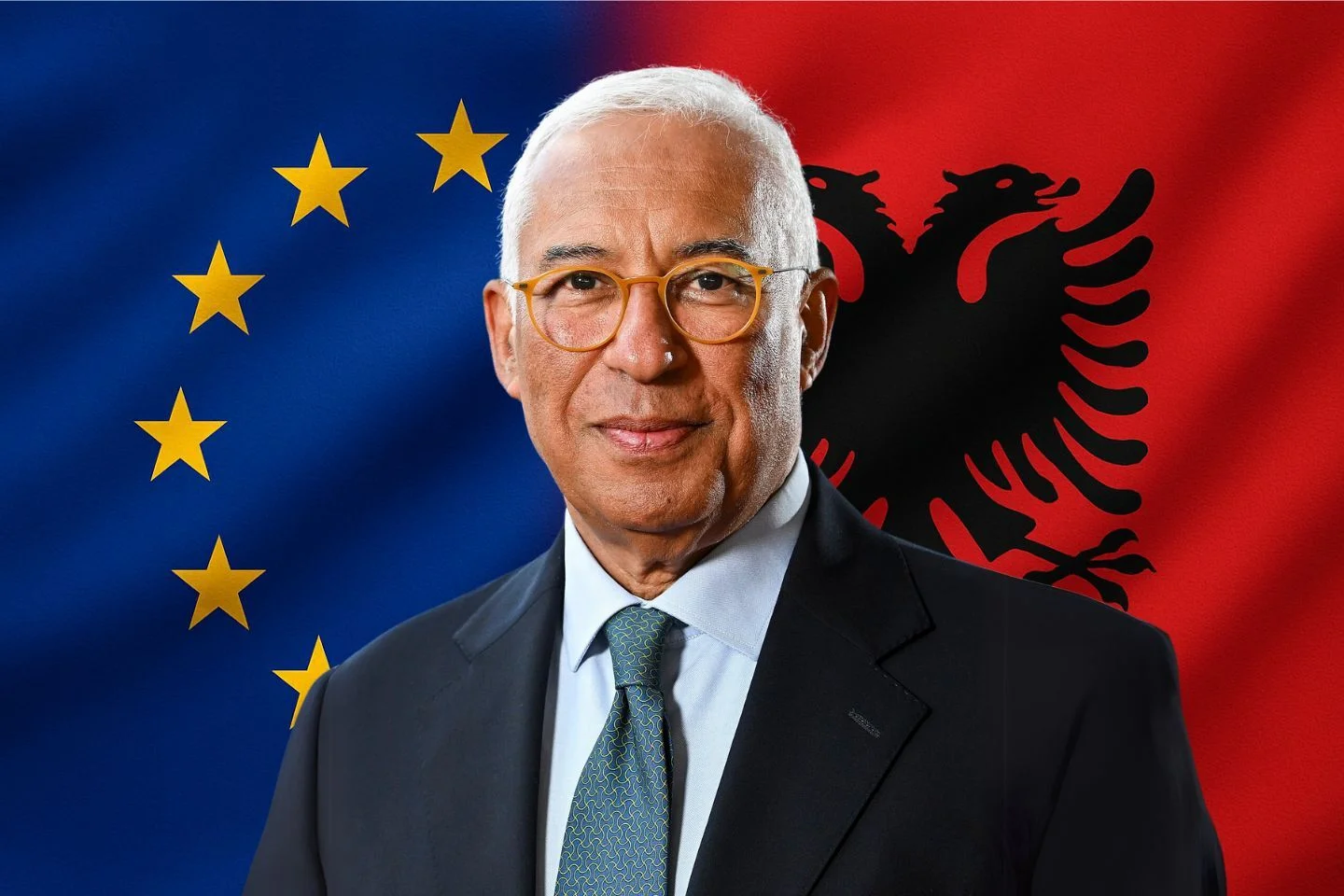

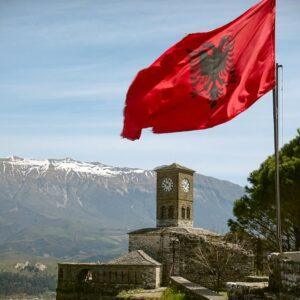




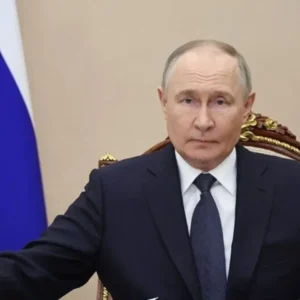
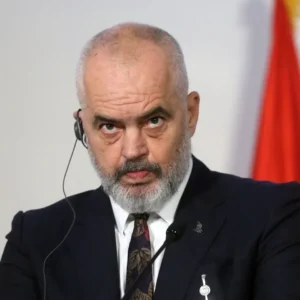
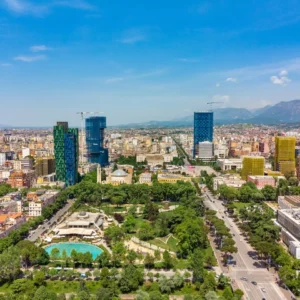
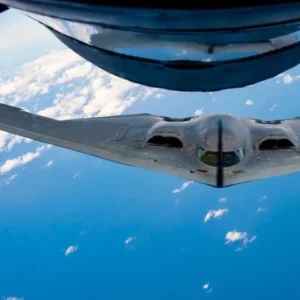

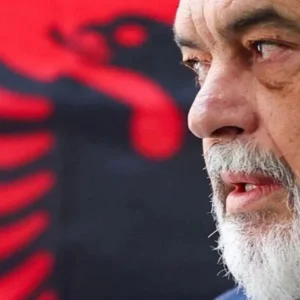
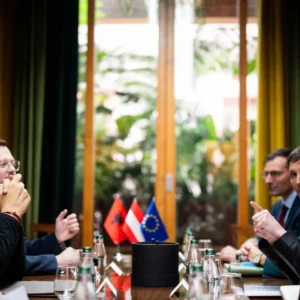
Recent Comments